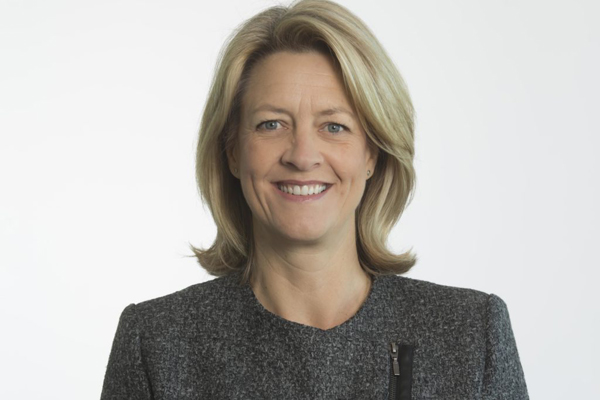Now’s the time for funds to control their own destiny
by Suzanne Holden*
The industry is once again facing significant transformation with the recent Federal Budget, the Productivity Commission report and the Royal Commission all proposing changes. But this will be an evolution rather than the feared revolution, in my view.
Let’s face it, this industry, since inception, has endured continual tampering – with every Federal Budget endeavouring to mature this tax-effective savings system. A system, that despite current rhetoric, and ideological commentary, remains the envy of the world and will progressively see Australians retire with increasing financial independence.
The industry has invested heavily to support legislative reform and to offer members enhanced products and services. Member engagement has become the new mantra as members consolidate accounts and retention strategies become critical. But has this, for some funds, come at the expense of a focus on really delivering appropriate returns for members?
Member account consolidation is quite rightly gaining momentum as funds and members recognise the negative impact that balance erosion caused by duplicate fees and insurance premiums has on retirement outcomes. We have seen how the application of appropriate technology can assist, with on line consolidation tools and the benefits of Superstream, in simplifying the process. In a recent example of member centric technology, Link Group was able to help nine funds (not all administered by Link) to undertake a ‘Cross-Fund Matching’ exercise. As a result of this, more than 50,000 inactive member accounts were seamlessly consolidated into active accounts allowing members’ money to stay in the system and to benefit from the attractive returns delivered by their super funds.
The industry is also already consolidating funds. In 2007, there were 550 APRA approved funds but by 2017 this number had dropped to 209. This consolidation will continue and, certainly, funds that are not delivering acceptable net returns should be under scrutiny and should be looking at their options as suggested in the Productivity Commission report.
Scale, efficiency, performance and competition will all be critical and funds will need to respond quickly if the Government chooses to whittle the number of default funds down to a short list of ‘Best in Show’ funds.
But are 10 funds really the right number and is the speed of change appropriate? Will this drive future innovation, competition and disruption or will it slowly destroy an industry that Australia should be very proud of?
In any event, all funds should actively consider the key messages of these proposals, reports and inquiries and harness their resources to efficiently and cost-effectively deliver for members. Change is still required. Funds can either manage their destiny and that of their members or be managed by heavy-handed legislation.
*Suzanne Holden is the chief executive of Link Group Fund Administration.










